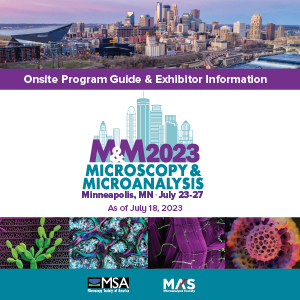Zachary Freyberg, MD, PhD
Associate Professor
University of Pittsburgh
University of Pittsburgh
Pittsburgh, Pennsylvania, United States
Zachary Freyberg is a cell biologist who investigates fundamental cellular processes underlying human neuropsychiatric disorders. Zachary Freyberg received his BS degree at Yale University in Molecular Biophysics and Biochemistry in 1997. At Yale, he began his studies examining vesicle trafficking in the laboratory of Dr. Pietro De Camilli. Zachary then received his MD and PhD degrees at the Albert Einstein College of Medicine in 2004. For his PhD, Zachary investigated the roles of phosphoinositide lipid signaling in secretory vesicle biogenesis from the Golgi apparatus in the laboratory of his advisor, Dr. Dennis Shields. After completing his clinical training in psychiatry at Cornell, he trained as a postdoctoral fellow at Columbia University in the laboratories of Drs. Jonathan Javitch and David Sulzer, focusing on mechanisms of dopamine neurotransmission. Zachary is now an Associate Professor in the Departments of Psychiatry and Cell Biology. His laboratory uses a combination of genetic, pharmacological and imaging approaches to study the molecular mechanisms of dopamine signaling across multiple levels: (1) activity-dependent dopamine signaling at the synaptic level; (2) signaling at the molecular level by cryo-electron microscopy and in situ cryo-electron tomography imaging; and (3) dopamine signaling at the cellular level and its relevance to metabolic regulation and dysfunction. This research has culminated in the recent discovery of Ribosome-Associated Vesicles (RAVs), a novel highly dynamic subcompartment of the endoplasmic reticulum that may provide a mechanism for local translation in secretory cells. Zachary has received several fellowships and awards including the APA GlaxoSmithKline Fellowship, Laughlin Fellowship of the American College of Psychiatrists, Louis V. Gerstner Jr. Scholars Award, Leon Levy Investigator Award, Rising Star Research Award, A.E. Bennett Award for Basic Research and NIDA Cutting-Edge Basic Research Award. He has received support from the National Institutes of Health, Department of Defense, and the Commonwealth of Pennsylvania.
Disclosure information not submitted.
Presentation(s):
-
Scalable analysis pipeline for mapping brain cells in big microscopy data
Monday, July 24, 2023
2:00 PM - 2:30 PM US CST

